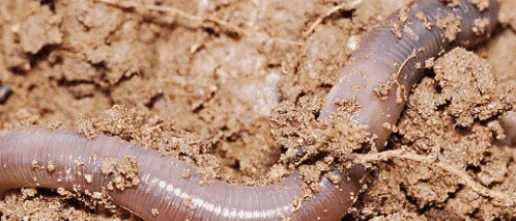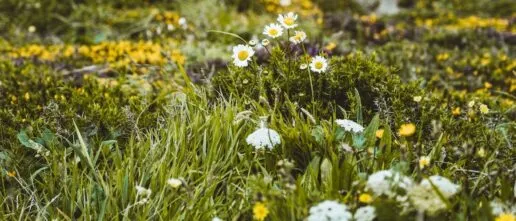Cecilia is a senior researcher with a passion for ecosystem functioning and a particular fondness for things that crawl and creep. She manages and coordinates the ecological work for the Leverhulme Centre for Nature Recovery (LCNR) around Oxfordshire where she is developing a gradient of grazing intensity for studies on the effectiveness of regenerative farming. Cecilia is involved with research coordination across the Wytham Green Estate where she in the process of establishing a network of baseline data that can be utilised by a wide range of research projects. She also runs a NERC funded project on the ecological and multitrophic impact of ash dieback in Wytham Woods as well as a master’s elective on Nature Recovery that aims to introduce the students to the complexities of nature recovery and the ongoing work at the LCNR.
Related Projects

Healthy Ecosystem Restoration in Oxfordshire
Developing the local Oxfordshire landscape as a case-study, nature-recovery laboratory and community of practice.

Ecoacoustic Data Analytics
Advancing AI methods to determine ecosystem composition from acoustic recordings, distinguishing species, geophonic & anthropogenic sounds in soundscapes as well as flagging unusual or unanticipated sounds.
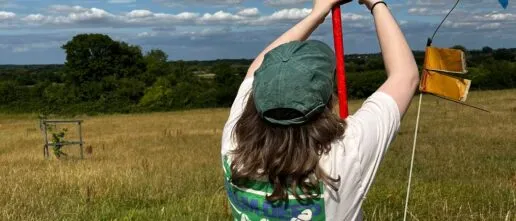
Ecoacoustics for assessing ecosystem health and function, from air to soil
Developing scaleable, transferable, and open approaches for ecoacoustics to assess nature recovery across global ecosystems
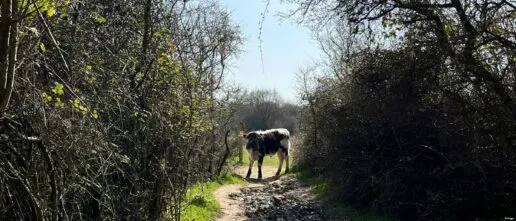
Revealing the compositional and functional responses of mycorrhizal fungi to rewilding at the Knepp Wildland
Using novel eDNA methods to understand if rewilding is also serving below-ground communities, focusing on 'keystone' mycorrhizal communities and their functions.
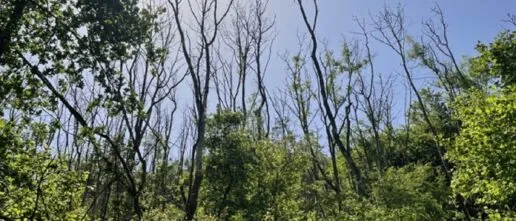
Exploring the ecological effects of forest pests and diseases in a changing world
We leverage experimental and synthesised data approaches to create integrative models that predict the effects of pests and pathogens on forest ecology.

The role of regenerative farming for biodiversity and ecosystem functioning
We utilise both standardised and cutting-edge methods to explore biodiversity and ecosystem functioning along a land use gradient to better understand the role of regenerative farming.

An energetic approach to assessing nature recovery in soils – a regenerative agriculture case study
Measuring and comparing energy to and through soil biodiversity under regenerative and chemical farming to understand and assess nature recovery in this traditional ‘black box’
Related Outputs
Large invertebrate decomposers contribute to faster leaf litter decomposition in Fraxinus excelsior-dominated habitats: Implications of ash dieback
Leaf litter decomposition is a major component of nutrient cycling which depends on the quality and quantity of the leaf material. Ash trees (Fraxinus excelsior, decay time ∼ 0.4 years) are declining throughout Europe due to a fungal pathogen (Hymenoscyphus fraxineus), which is likely to alter biochemical cycling across the continent. The ecological impact of losing species […]


